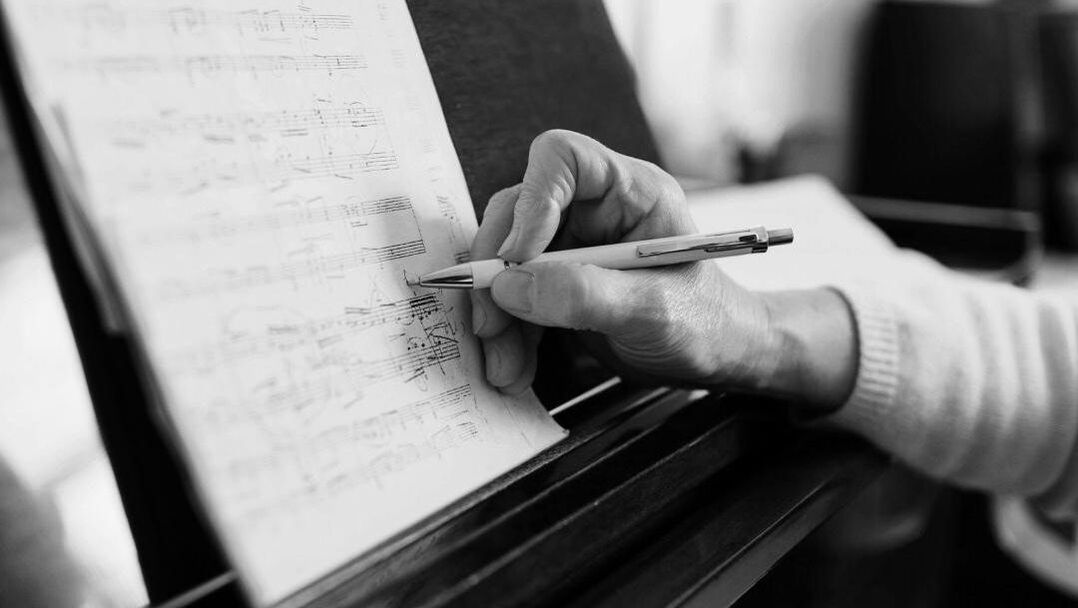|
Music is a language that needs exploration in order to be understood; it has the same importance as any other spoken language since it allows you to communicate. Language has grammar, pronunciation, and expressions; music has melody, harmony, rhythm, and form. Even if you resist learning a new language even though you’re living in a new country or are unwilling to learn music theory because you just want to play the guitar, you’ll still need a pinch of knowledge to understand what is happening. So, what is music theory and why is it so important? What is Music Theory?
Mark Andrew Cook states, “Music theory is the study of music and its organizational characteristics.” Mark says we increase our analytical and experiential comprehension ability by associating sounds with symbols. This means you can experiment with music at all levels if you know how to read it, and you will get to see the intellectual and spiritual side of the music. So, let’s navigate through the basics of music theory to be on the same page. Music has many elements that integrate and build it, such as rhythm, melody, harmony and form. Catherine Schmidt-Jones explains that rhythm has many meanings as it can be a repetitive pattern, the pulse of music, or the shape of a melody; rhythm is everywhere in music, and you can experiment with it by singing a song or dancing to a beat. A melody consists of a series of notes together, one after the other, with a specific pitch, duration, extra notes called ornaments, and many phrases with motifs, silences and pauses. Catherine says harmony is more complex than melody and rhythm because it implies chords, harmonic rhythm, homophony, counterpoint, etc. Still, you obtain harmony by sounding more than one pitch simultaneously. Finally, the form is the frame of the music; it gives you the whole idea of what the music wants to say in a structured way; as Schmidt says, “It is the big picture.” As in a spoken language, where you need to learn the vocabulary and grammar to speak, in music, you need to recognize the symbols and take them to your instrument to make the music real. What Kind of Abilities Does Music Theory Provide? Getting to the bottom of music theory takes work; nevertheless, it produces beneficial abilities to comprehend music more deeply. Eastern Washington University explains why music theory is important in music education:
Start learning music theory now! If you're ready to deepen your understanding and enhance your musical abilities, contact us for a free consultation to explore personalized lessons and resources tailored to your needs.
1 Comment
Anastasia
5/21/2023 08:31:28 pm
Thanks for sharing this with us. I just loved
Reply
Leave a Reply. |
AuthorWrite something about yourself. No need to be fancy, just an overview. Archives
June 2024
Categories
All
|
Music & Language Learning Center |
Music Classes |
Language Classes |
MUSIC AND LANGUAGE LEARNING CENTER 2024



 RSS Feed
RSS Feed

